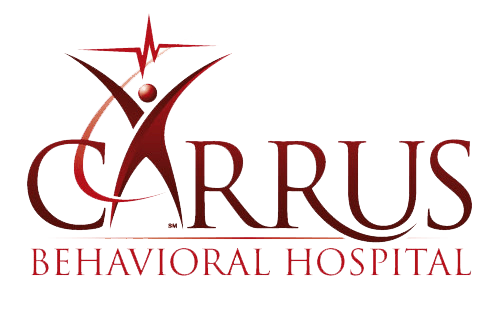
An outpatient rehabilitation program can benefit individuals who require rehabilitation services but do not require around-the-clock medical supervision or inpatient care. Outpatient rehabilitation programs are typically recommended for patients who have musculoskeletal injuries, chronic diseases, cognitive impairment, physical limitations, and are recovering from surgery.
An outpatient program can be highly intensive, consisting of various evidence-based treatments, and individuals should prepare before starting it. Below, we’ll talk about what you or your loved one can do to better prepare for an intensive outpatient program.
Consult with Your Healthcare Team
Before starting a highly intensive program, there should be a discussion with the entire healthcare team, from your primary care physician to your specialists who have recommended the intensive outpatient rehabilitation program. They can provide valuable insights, guidance, and specific instructions based on your condition and specific needs.
Understand the Program Details
Familiarize yourself with the details of the intensive outpatient rehabilitation program. Learn about the schedule, duration, specific therapies or interventions offered, and the goals of the program. This understanding will help you mentally prepare for the program. It will also help you devise a schedule and balance your work, home activities, and recreational activities with your program commitment.
Set Rehabilitation Goals
Every treatment program has goals that need to be achieved. Whether it’s improving mobility, reducing pain, building strength and endurance, optimizing motor control, increasing independence, improving speech, communication, and swallowing skills, or enhancing overall function, you must establish goals that define what you hope to achieve during the program, which can also serve as motivation throughout the rehabilitation process.
Gather Information and Paperwork
Collect any necessary paperwork or documentation required for the program. This may include medical records, test results, insurance information, and any prior therapy or treatment reports. Having these documents readily available will help facilitate the intake process and ensure that the program providers have a comprehensive understanding of your medical history.
Arrange Transportation and Logistics
Determine how you will get to and from the outpatient rehabilitation facility. If needed, make transportation arrangements in advance to ensure smooth and consistent attendance. Additionally, consider any other logistical aspects, such as scheduling conflicts, childcare, or work arrangements, and plan accordingly to minimize disruptions during the program.
Prepare Your Support System
Inform your family members, friends, or caregivers about your participation in the intensive outpatient rehabilitation program. Share your goals and discuss how they can support you during this time. Their encouragement, assistance, and understanding can make a significant difference in your progress and overall experience.
Get Adequate Rest and Nutrition
Prioritize getting enough restful sleep and maintaining a nutritious diet. Rehabilitation programs can be physically and mentally demanding, and taking care of your overall well-being will help optimize your energy levels and recovery potential.
Obtain Necessary Equipment or Aids
If recommended by your doctor, acquire any assistive devices, orthotics, or adaptive equipment that may be necessary during the rehabilitation program. Ensure that you have them ready and properly fitted before starting the program.
Have Realistic Expectations
Understand that rehabilitation is a gradual process, and progress may take time. It’s essential to have realistic expectations and maintain a positive mindset. Focus on the improvements you make along the way, no matter how small they may seem.
Communicate Openly
Keep an open line of communication with your rehabilitation team. Share your concerns, questions, or any changes in your condition throughout the program. Active participation, collaboration, and effective communication will enhance the effectiveness of the rehabilitation program.
Intensive Outpatient Rehabilitation Program in Sherman, TX
Carrus Rehabilitation Hospital offers world-class intensive outpatient programs for patients who are in recovery from surgery, acute and chronic diseases, and injuries or are suffering from neurological disorders that affect speech and motor skills.
Our well-equipped facility, where we also offer inpatient rehabilitation therapy, is staffed with different highly skilled and compassionate rehabilitation specialists who are equally committed to your return to optimal function and complete rehabilitation.
For any questions or to schedule an appointment with us, call our office today at (903) 870-2600. We look forward to your call and providing you with assistance.

